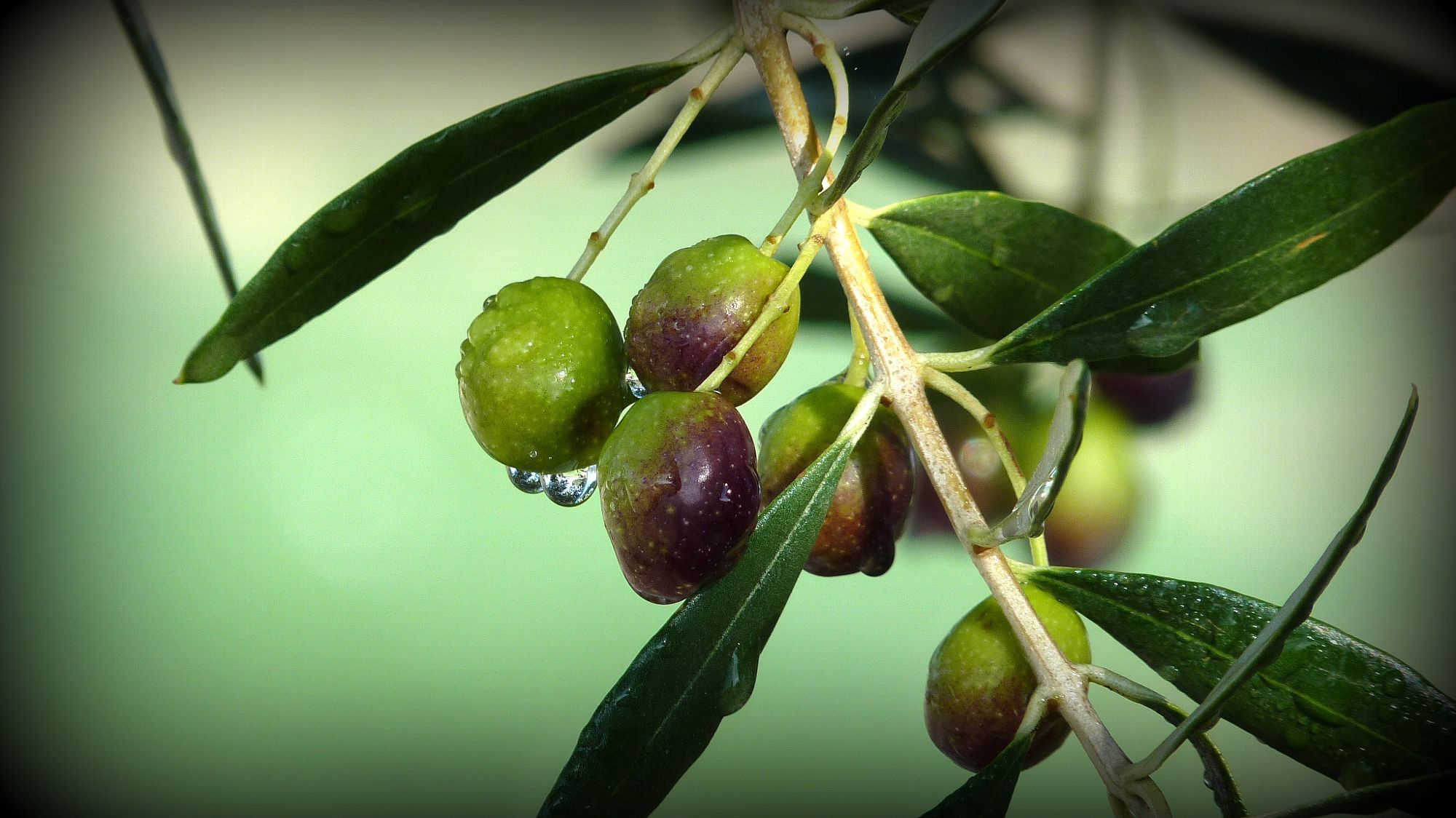No products
Oil - What a High Quality Oil Is - Consorzio Clara

Extra-virgin olive oil is a superior grade of oil obtained only from olives and using mechanical processes, the free acidity of which is less than or equal to 0.8%. The standard required by the “extra-virgin” mark is not however sufficient to prove the quality of an oil owing to legislation on the subject which is contradictory and easily bypassed.
A high-quality olive oil is always capable of satisfying our senses. Full aromas that evoke images of harmony and nature, with flavours that complete and enhance the foods they are combined with. Producing high-quality olive oil is a difficult and costly task.
After dedicatedly studying, selecting and cultivating the varieties of olive we are interested in, we patiently wait for the fruits to ripen. The best picking period varies from cultivar to cultivar and is closely related to the weather conditions during the year.
Rain, sun and wind are crucial in determining the organoleptic structure of the drupes and any attacks by parasites.
It is therefore necessary to take action promptly to prevent bad years in terms of the quantity and quality of the harvest, constantly monitoring the state of health of the olives.
In the context of organic farming, this safeguarding activity becomes particularly costly in terms of both workforce and economic resources, but enables the olives to overcome obstacles to growth in a rigorously natural manner without altering the organic qualities, nutritional properties and flavour.
The olives harvested must be 100% intact, not crushed or contaminated with soil, or attacked by the olive fly or by frost, to completely avoid oxidising processes and an increase in fatty acids in the oil extracted, thus maximising hygiene and health standards.
Within 12 hours of harvest, the olives are transported in containers to the olive press and processed before the fermentation processes begin to degrade them. Obtaining high-quality oil is the result of interrelated processing steps, each of which are of crucial importance. An integral continuous-cycle (two-phase) olive press works at low temperatures and guarantees the conservation of every precious aromatic note and all of the innumerable nutritional qualities of the oil, raising its phenolic content considerably.
Defoliation, washing, grinding, malaxation, centrifugation and separation are the processes that enable the liquid in the drupes to be extracted pure, to aggregate and to flow out as oil.
The oil obtained is conserved in sealed (stainless steel) containers in a sterile environment, with no exposure to oxygen or light, at temperatures of between 10 and 18°C.
